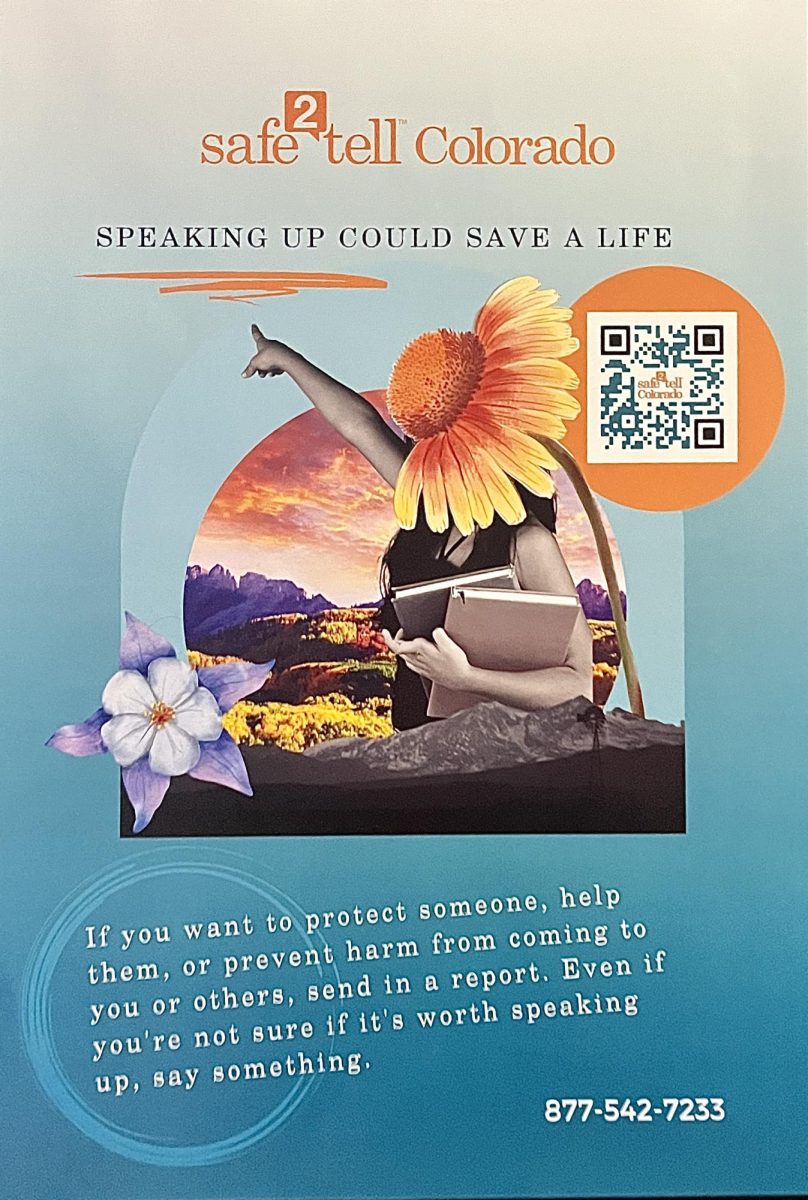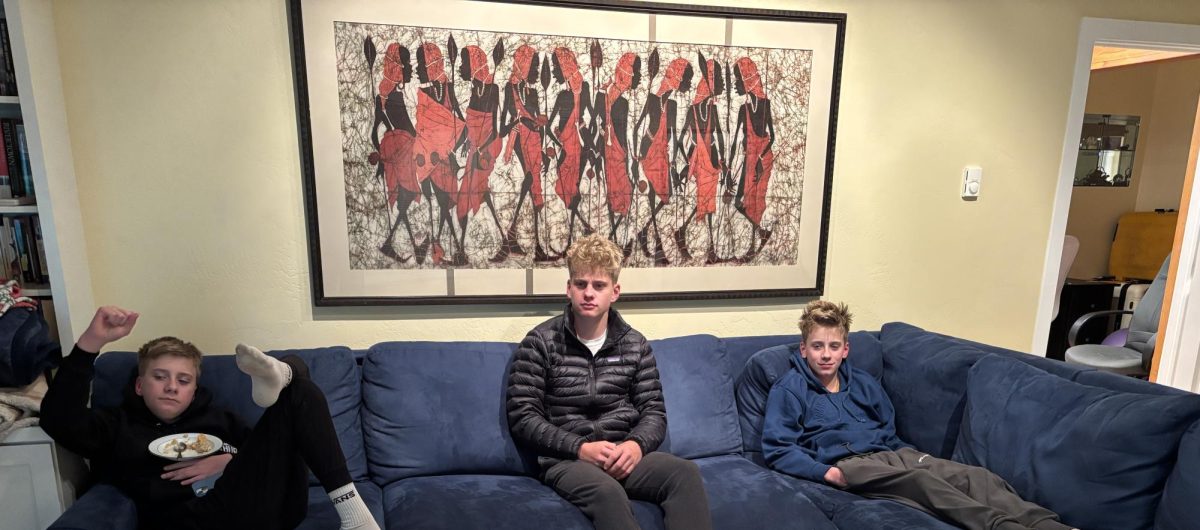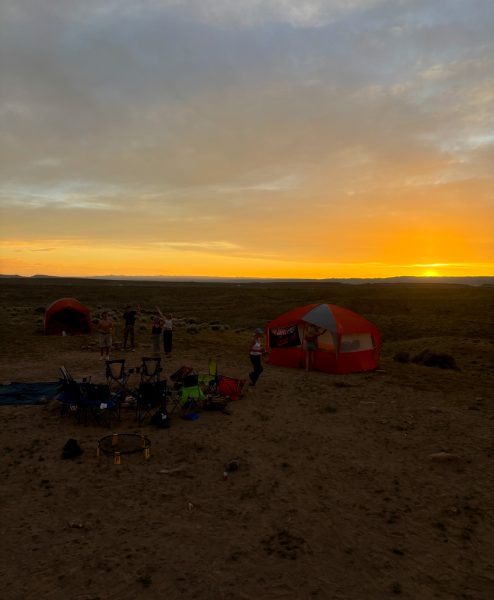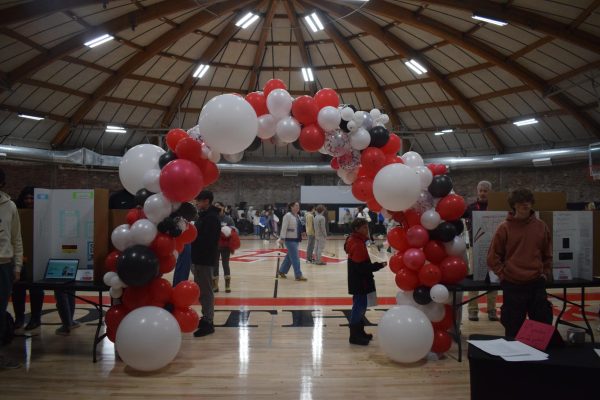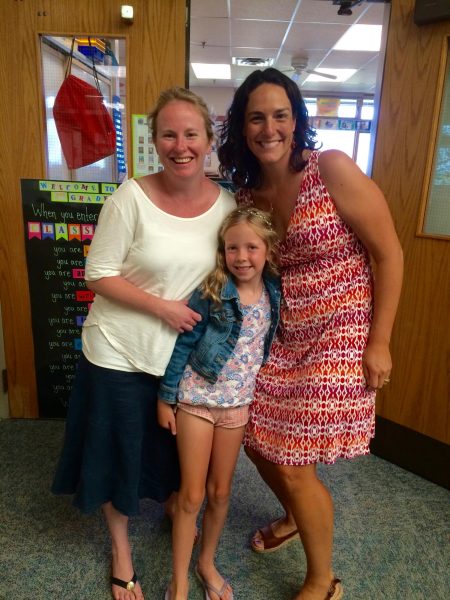The Mysterious World of Social Media Through Generations

A timeline of technology advancements and events over the years.
The generational divide draws a line between the overwhelming concept of old and the new, where technology takes over and is involved in everyday life, where personalities develop, diversity increases, and, new groups of activists are being educated, and where change is the future.
From baby boomers born in 1946-1964 to the new Generation Alpha born in 2012 or later, the generational customs have changed drastically. The shift from handwritten love notes to careless posts thrown out for the world to see has marked a turning point in human development. On January 1st, 1983, the first invention of the internet was launched by Vinton Cerf and Bob Kahn. This life-changing development marked the start of a new era. The idea that this newfound phenomenon held the potential to communicate back and forth with friends and family directly was a mind-blowing concept at the time. As technology and the internet have developed, the potential to abuse this privilege has led society into a dark hole of addiction.
The Information Age, which began in the late 20th century, was marked by the development of computers and the internet. These technologies enabled the creation, storage, and sharing of vast amounts of information and led to innovations such as e-commerce and social media. This marked the drastic shift from encyclopedias to the World Wide Web. The Information Age also saw the rise of artificial intelligence and machine learning, which have the potential to transform the way we work, learn, and communicate in the future.
Advanced technology such as social media apps, instant communication, and even artificial intelligence has been one of the most significant changes in our society. These changes can be both positive and negative, however, it has significantly impacted how we live our everyday lives. Generation X was the first group of people exposed to the invention of the household computer. Platforms such as Prodigy, a chat room to connect with community members, were the start of online communication. Household computers were considered a luxury during the mid-1900s; however compared to technology today, there is a vast difference.
For the past 20 years, the way we consume different types of media has changed significantly. In the early 2000s, many technology firms were still focusing on developing more efficient methods of communication. However, this simple idea of video calling and texting transformed into advanced media options beyond these traditional outlets. By gravitating away from original communication platforms, companies started creating websites where communities had a place to connect and share common interests and ideas. These advancements were the introduction of what we now know as social media.
Prior to the launch of Facebook and Instagram, Myspace was launched on August 1st, 2003, by Tom Anderson and Chris Dewolfe, the first social network to reach a global audience. In 2004, fewer than 1 million people were on Myspace because social media was brand new, and simple forms of communication were still being used. In February 2004, Facebook was started in Cambridge, Massachusetts, by Mark Zuckerberg, Eduardo Saverin, Dustin Moskovitz, and Chris Hughes, all of whom were students at Harvard University. At this time, society started discovering the mysterious world of social media. By 2018 Facebook had over 2.26 billion users, with Youtube closely behind at 1.90 billion.
Although this newfound world of social media has been life-changing and now influences our everyday lives, society has to be aware of the effects it has on our brains and the misleading information that it has the potential to disperse into the world. Past generations, such as Millennials and Generation X, still view social media as a convenient platform. However, Generation Z and Generation Alpha have grown up surrounded by new technology and view it as a necessity to everyday life. By being aware of trustworthy media outlets and not constantly relying on our phones by discovering activities that don’t involve technology, we can continue to use social media in a healthy way.

Elsa is a senior at AHS and is one of the Editor-in-chiefs for the Skier Scribbler. This is her third year participating in the journalism program and...



